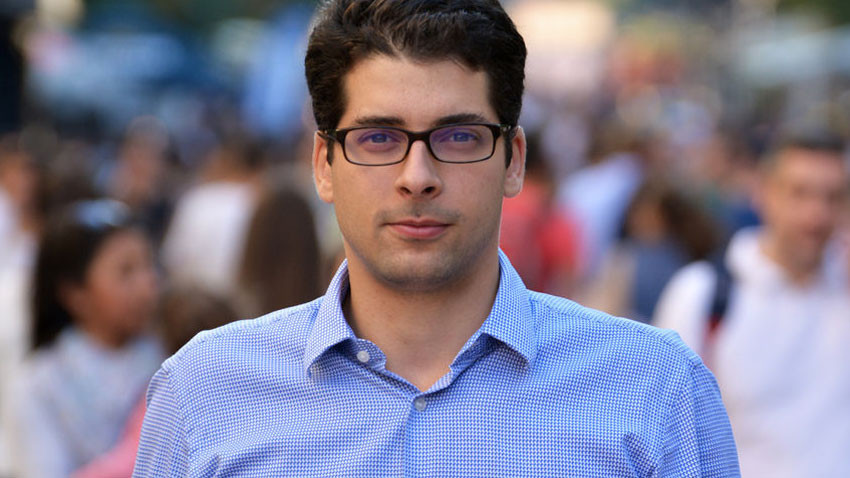Statistics about Covid-19 morbidity in Bulgaria and abroad is quite dynamic. The economic crisis in this country, Europe and globally, which was caused by the coronavirus pandemic, is unpredictable and full of uncertainties. In this context, the talks about the economic consequences in Bulgaria after the end of the hot political summer are multiplying and the optimism of the experts gradually gives way to realism.
“We had to build the necessary capacity, in order to assess the losses incurred by the Bulgarian economy so far and catch up with other Eastern European countries” – Atanas Pekanov – economist at the Austrian Institute of Economic Research (WIFO), PhD Candidate and lecturer at the Vienna University of Economics and Business explains in an interview for BNR.
“Currently we are hearing implications that Bulgaria’s gross domestic product (GDP) has never been higher and that people have never been wealthier before” – the economist went on to say and explains that from an economic point of view this is offensive to the public, because in non-crisis years this tendency is always true. As for the backwardness, it is particularly evident in the analysis of Plamen Nenov, Professor of Economics at the Norwegian Business School. In his words, if we compare Bulgaria with Romania for instance, we will see the following:
“The two countries started from the same position in the period 2007-2010. However, Bulgaria has been lagging behind quite a lot in the past 10 years – Atanas Pekanov explains. – We have to understand that today we are more vulnerable to economic shocks, because we have wasted some time.”

In its annual reports the European Commission often mentions that incomes in Bulgaria are low and that this country fails to catch up with other member states, despite the increase in wages. This indicates that we are in a very difficult starting position. In Atanas Pekanov’s words, the support measures aimed to help people overcome the crisis must meet three criteria- they must be properly targeted, timely and temporary.
Along with the economic measures, it is also necessary to pay attention to prevention measures that would help avoid another economic slowdown, if the number of infected people increases sharply and the authorities introduce new and stricter anti-epidemic measures. In Atanas Pekanov’s view, Bulgaria should follow Austria’s example where the local government called on the citizens to continue working from home where possible, although no official law was adopted for the purpose.
“During the summer months, which passed relatively calmly, the authorities should have undertaken measures aimed to prepare most sectors and ensure a relatively normal life next year. Any possible complicated epidemic situation and closure of educational and other institutions should not have lasting effects on young people. It is necessary to focus on the development of our digital skills that would allow other sectors, apart from the IT industry to start working from a distance in a certain moment”.
Compiled by: Yoan Kolev
English version: Kostadin Atanasov
A forum entitled "Career and Life - Why in Bulgaria?", organized by the Bulgaria Wants You platform, was held at the Royal Geographical Society in London on October 20. The event, which took place for the second time, attracted significant..
International rating agency Fitch Ratings has affirmed Bulgaria's long-term foreign and local currency credit rating at BBB with a positive outlook, the Finance Ministry said. The positive outlook reflects the country's prospects for eurozone..
In 2023, Bulgaria's GDP growth was 1.9% higher in real terms compared to 2022. This is 0.1 percent more than the initially announced growth of 1.8%, the National Statistical Institute has reported. The chairman of the institute,..

+359 2 9336 661
